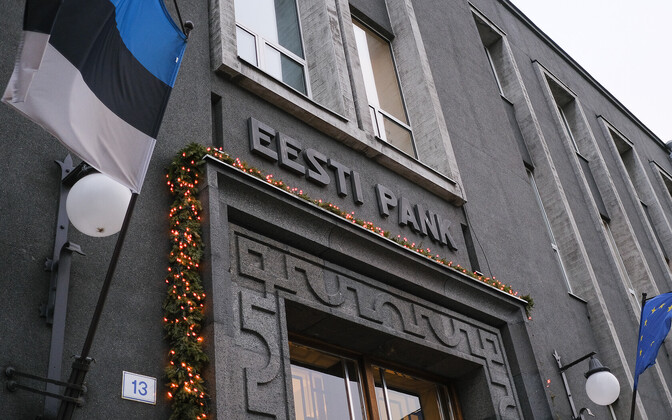Estonia’s debt burden and interest costs continues to grow, as Bank of Estonia estimates that in four years the state may be paying €400 million just in interest. Employers worry that ever-expanding expenses will eventually cripple the economy.
According to the Ministry of Finance’s forecast, this year’s budget deficit may be smaller than expected, but next year it could reach 4 percent, or €1.8 billion. Estonia has never had a deficit this large before. The forecast also does not account for abandoning the income tax hike or the car tax, which would deepen the shortfall even further.
“The truth is that when government spending exceeds revenues, that missing share of expenses must be covered by borrowed money. And if we look at Estonia’s debt burden today, by the end of this year it will reach about €10 billion. The fact that next year’s deficit will again be large means the debt burden will keep growing. This year, we will spend about €200 million on interest payments, and if the debt continues to increase over the next four years as the Ministry of Finance projects, then in four years interest costs will already exceed €400 million,” said Bank of Estonia (Eesti Pank) economist Lauri Punga.
“Government spending has continued to grow faster than the economy, which in turn means that to cover those growing costs, we must take more and more money from the economy. When people say we borrow, in reality, borrowing itself further increases the state’s expenditures. In just the first six months of this year, our debt servicing costs in the state budget were already around €1.2 billion, which is comparable to our healthcare spending,” said Estonian Employers’ Confederation head Hando Sutter.
A large part of the coming years’ budget deficit is due to increased defense spending. Punga said this step is understandable, but that decisions which reduce revenues or raise spending in other areas should be approached with caution.
“In three or four years, when the escape clause from EU budget rules expires, the transition back to the 3 percent deficit threshold or close to balance will become that much harder. Any decisions we make now that increase the deficit will make that transition more difficult,” Punga said.
“If there’s an agreement in society that today we need to make the necessary defense investments, then that must be done. But at the same time, this also means that in other areas, it is quite justifiable to be sufficiently frugal,” Sutter said.
According to Sutter, Prime Minister Kristen Michal (Reform) has been spurred on by temporary good luck with cash flow, and making long-term decisions on that basis is simply shortsighted.
—
